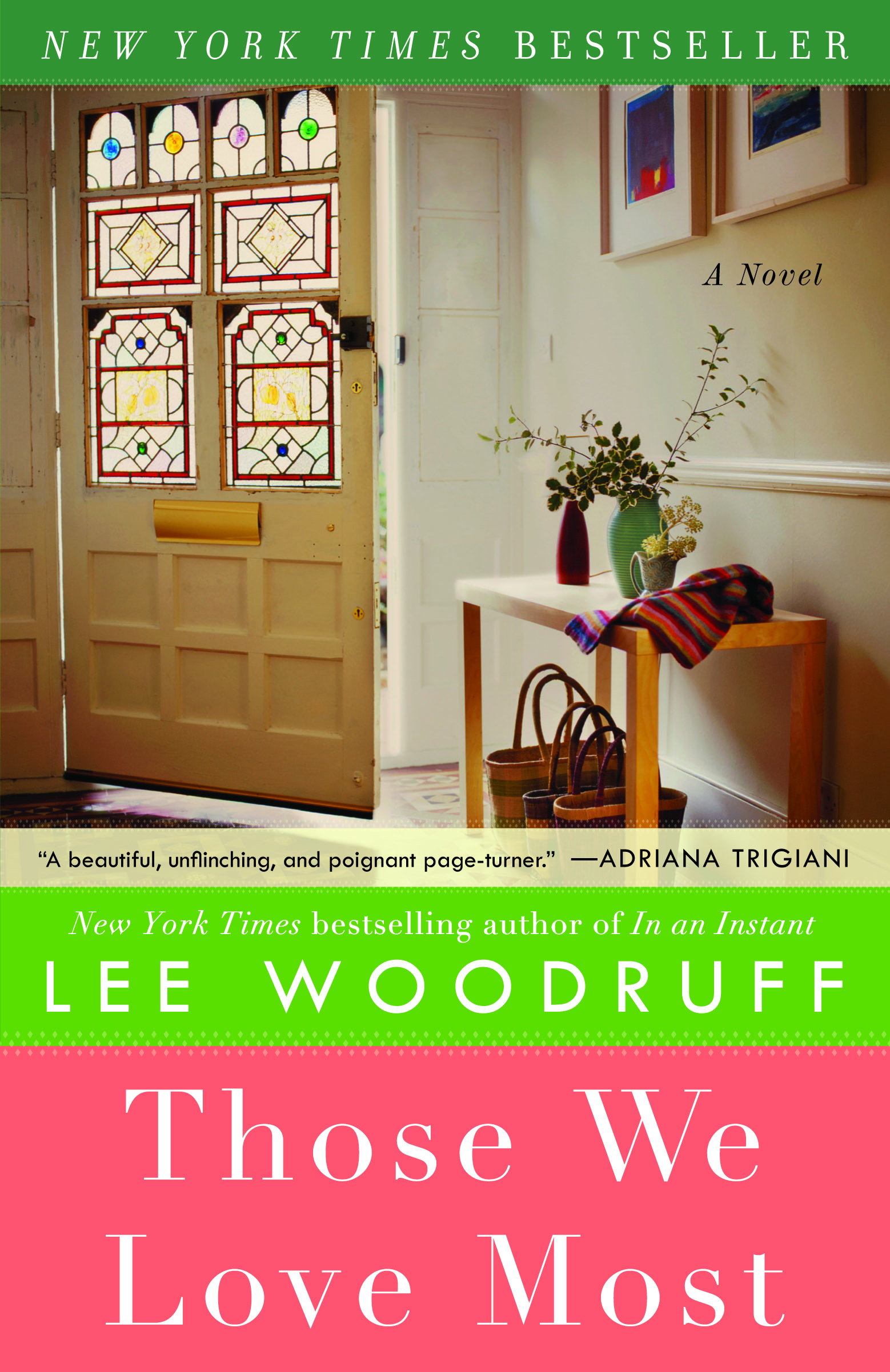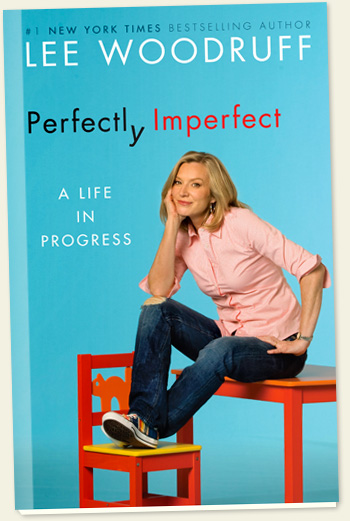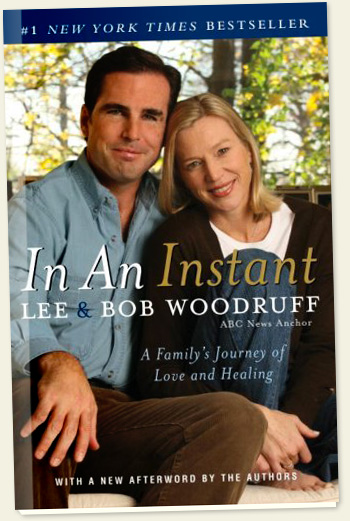There’s a butterfly scar on my left knee that I refer to as my war injury. It’s the legacy of a spectacular crash into a metal telephone pole support, while riding what my sisters and I fondly called “The War Bike.”
The War Bike had been my mother’s childhood transportation in the years following World War II. The wobbly, ox-blood frame had big, fat tires (not the chic beach bike tires of today) and an ungainly basket on the handlebars. Think of bobby-socked British school children riding along a country road in the 40’s. My legs were just a touch too short to sit down comfortably, so I spent a lot of time standing up and pumping the pedals. Riding it felt a little like piloting an ocean liner.
It’s amazing that the bike survived all those years in my grandparent’s garage to make it to our little center hall colonial in Delmar, New York. Objects today have a half-life of a nanosecond. We throw something out with a dent or a scrape. People were much thriftier back then; they repurposed things, recycled and re-used.
 Photo by Shane Henderson.
Photo by Shane Henderson.Riding the War Bike somehow connected me to a glorious past as I studied American history in school; one with freedom fighting revolutionary battles, brave Clara Bartons, the storming of Normandy beaches and concentration camp liberations. War heroes were our country’s legacy. They became leaders and achieved greatness back at home during peacetime. In the 1960s of my childhood, we viewed ourselves as a country on a giant uptick, the defender of liberty, the right side of the cold war, a legacy of the Greatest Generation, of Ike and Kennedy and champions of world-wide liberty. The War Bike stood for all of that, in some weird, inchoate way.
In the waning years of the War Bike’s utility and our childhood fixation with it, another war was rearing its head; and older brothers were sent from our neighborhood to Vietnam when their draft numbers came up. That war came into our living rooms on TV and in “Life” magazine images; the weary GIs in bandages, naked children running from the burning village. It was a very different conflict than the sweeping global wars that had preceded it and citizens protested, loudly questioning its purpose. That criticism began to rip at the seams of America.
When the young men and women came back from Vietnam, our nation marginalized their service. We muted their experience. It had been a divisive war, with no clear sense of victory. It simply wound down, with a heart-breaking black and white death toll.
With Vietnam, there had been no national pulling together, no Victory Gardens or gas rationing, no Pearl Harbor attack to rally around. And in its wake, we somehow skipped the welcome home. Serving your country, enlisting in the military, had gone out out of vogue. Veterans learned to pack their uniforms away, avert their eyes and shush up if questions arose. You talked about it only in the right company, or not at all. We let down a generation of young people who returned. We let down their families, their wives and mothers, their siblings and children, all of whom got a front row seat to bear witness to the ugliness of untreated internal wounds. The psychological damage. We didn’t know how to fix what we couldn’t see. It was more comfortable for our nation to ignore their damage, their scars and their service.
 Photo by SrA Christina Brownlow.
Photo by SrA Christina Brownlow. I don’t recall what finally happened to the War Bike. It was eclipsed one birthday by a bright orange ten-speed with ram’s horn handlebars. After that my mother’s bike was forgotten; an unfitting, embarrassing relic for a pre-teen girl.
But dredging up those memories of my old self on the War Bike leads me to wonder how my own children view the concept of war. What is their perception of serving their country? How will they judge the present day conflicts with the benefit of hindsight and history? And how, in the long run, will they treat those who have come home requiring a lifetime of assistance?
With an all-volunteer military today, our children don’t have to ask themselves if they are willing to lay down their lives on foreign soil in service to their country. And when I personally ponder the question, I must admit it is a sobering sacrifice. As a mother, I’d have to think long and hard about that.
This Memorial Day, as we honor those who have given their lives, their limbs and their mental health and well-being when their nation asked them to go, let’s all take a moment to reflect on the real meaning of this holiday. Regardless of your politics, our veterans and their families deserve our nation’s respect and gratitude. We owe them the best chance to re-take the stage of their lives when they return home from the wars in Iraq and Afghanistan. Take a moment of silence on Monday to remember them, and to remind your children and neighbors just what that means. And then do something. Take action. It’s the best part of what it means to be an American. Give time, give dollars, learn more, discover what families have served in your town, investigate what organizations are helping vets at the grassroots level. Volunteer. Give back. It doesn’t take a huge investment to show a veteran that their sacrifices count.
 Photo taken by Stefan Radtke at Stand Up For Heroes, 2012, Remind.org.
Photo taken by Stefan Radtke at Stand Up For Heroes, 2012, Remind.org.
 June 20, 2013
June 20, 2013  1 Comment
1 Comment 











